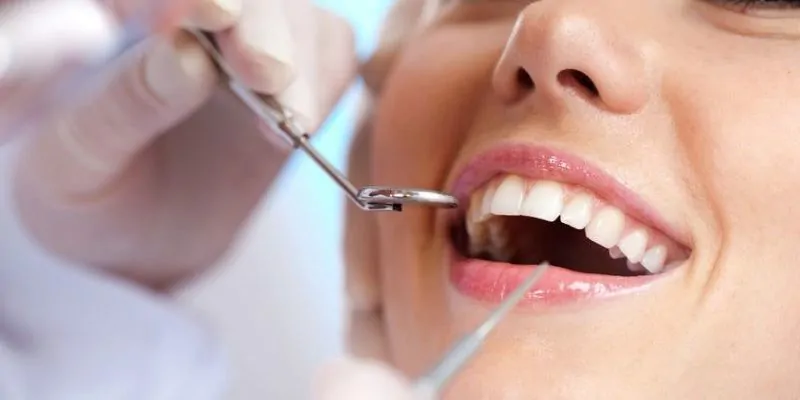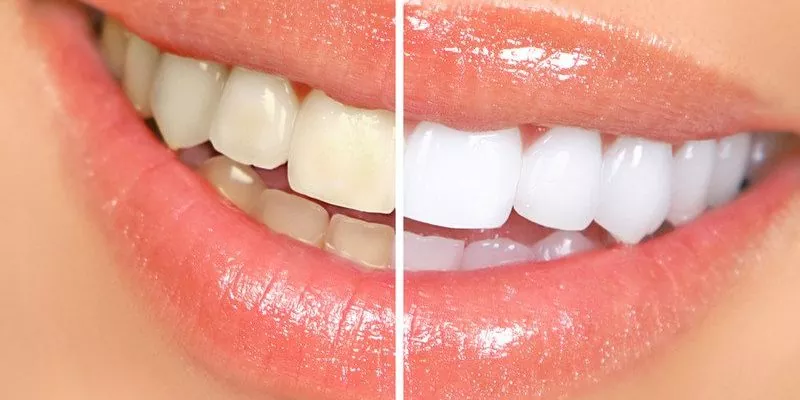What are the benefits of general dentistry?

Why general dentistry is necessary
June 26, 2024Dental Clinic in Medavakkam
September 23, 2024Taking care of your teeth is one of the most important things you can do for your health. Regular brushing, flossing, and gargling with mouthwash should be included in every oral hygiene routine. You must also schedule regular checkups with your dentist to prevent permanent damage to your teeth.
What Is General Dentistry?
Now that many of them offer cosmetic and restorative dentistry procedures, such as tooth whitening and dental implants, it is easy to lose sight of what all dentists are truly trained to do. Also known as preventative dentistry, general dentistry focuses on stopping minor issues from becoming major dental problems. Filling cavities, performing root canals, and completing regular cleanings are just a few of the things ordinary dentists do to protect our smiles.
Why We Need Them
Even if you brush and floss and gargle and take excellent care of your teeth, plaque and tartar can form around and below your gum line. Only a licensed dentist or dental hygienist has the experience and tools needed to remove these potentially harmful deposits before they cause serious damage. During a checkup, your dental professional may also floss and polish your teeth to remove food deposits that can combine with bacteria to form plaque.
What Should You Expect?
Most dental checkups are routine examinations of your pearly whites, designed to detect possible problems that could lead to more serious issues if left untreated. If you take good care of your teeth and have not had oral issues in the past, odds are your dentist won’t find anything. Of course, he or she will still perform a thorough cleaning. Why is this?
A preventable condition, gum disease is the leading cause of tooth loss the world over. When it is caught early enough, it can be successfully treated with common general dentistry procedures. But in order to diagnose the problem, your dentist will most likely take X-rays of your pearly whites to determine if any bone loss has occurred.
Gingivitis & Periodontitis
A relatively minor form of gum disease, gingivitis can often be treated with a simple cleaning and a more rigorous oral hygiene routine. By comparison, periodontitis is a far more serious disease that destroys the bone and tissue that keeps our teeth in place. General dentistry procedures such as scaling and root planning may be used to try to save infected teeth.
Keeping Appointments
As effective as they may be, the aforementioned services and procedures only work if you make it to the dental office on time. According to a recent survey, more than one-third of adults don’t keep their scheduled appointments. It is no wonder tooth loss is at epidemic levels in the U.S. At last count, nearly 180 million Americans were missing at least one tooth, and almost 40 million of them did not have any teeth.
An Ounce Of Prevention
As unpleasant as it may be, your dentist needs to poke around in your mouth to look for possible problems from time to time. Only then can he or she prevent them and save your smile for years, even decades to come.
Article Source: http://EzineArticles.com/9115094








